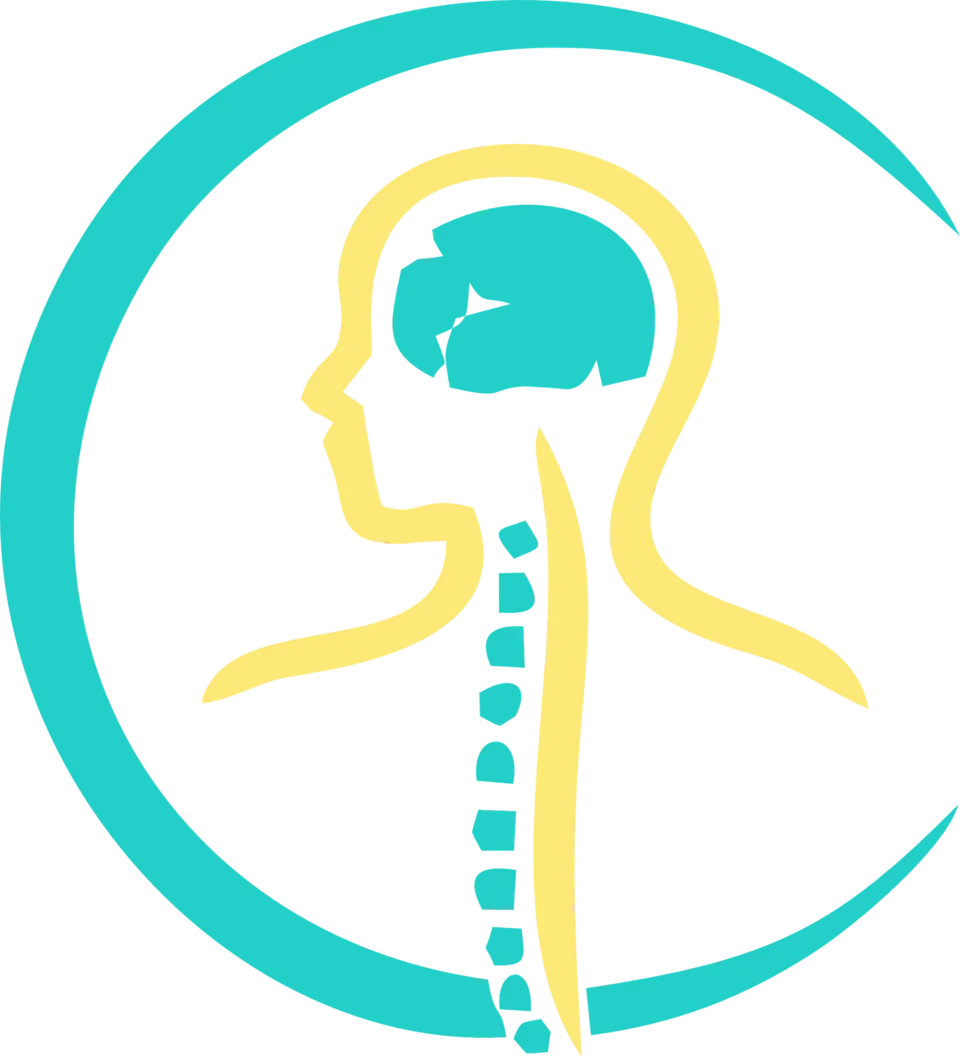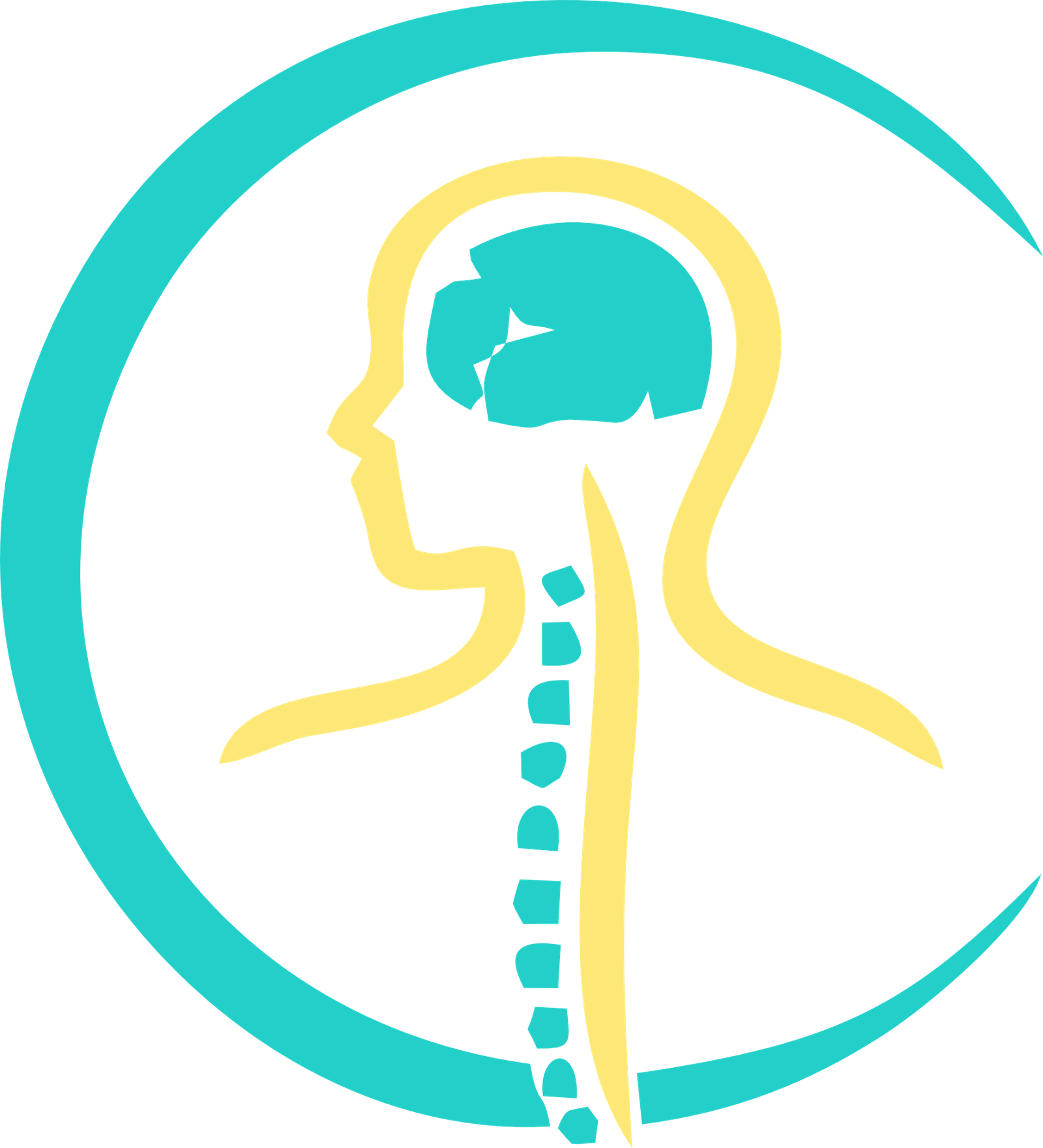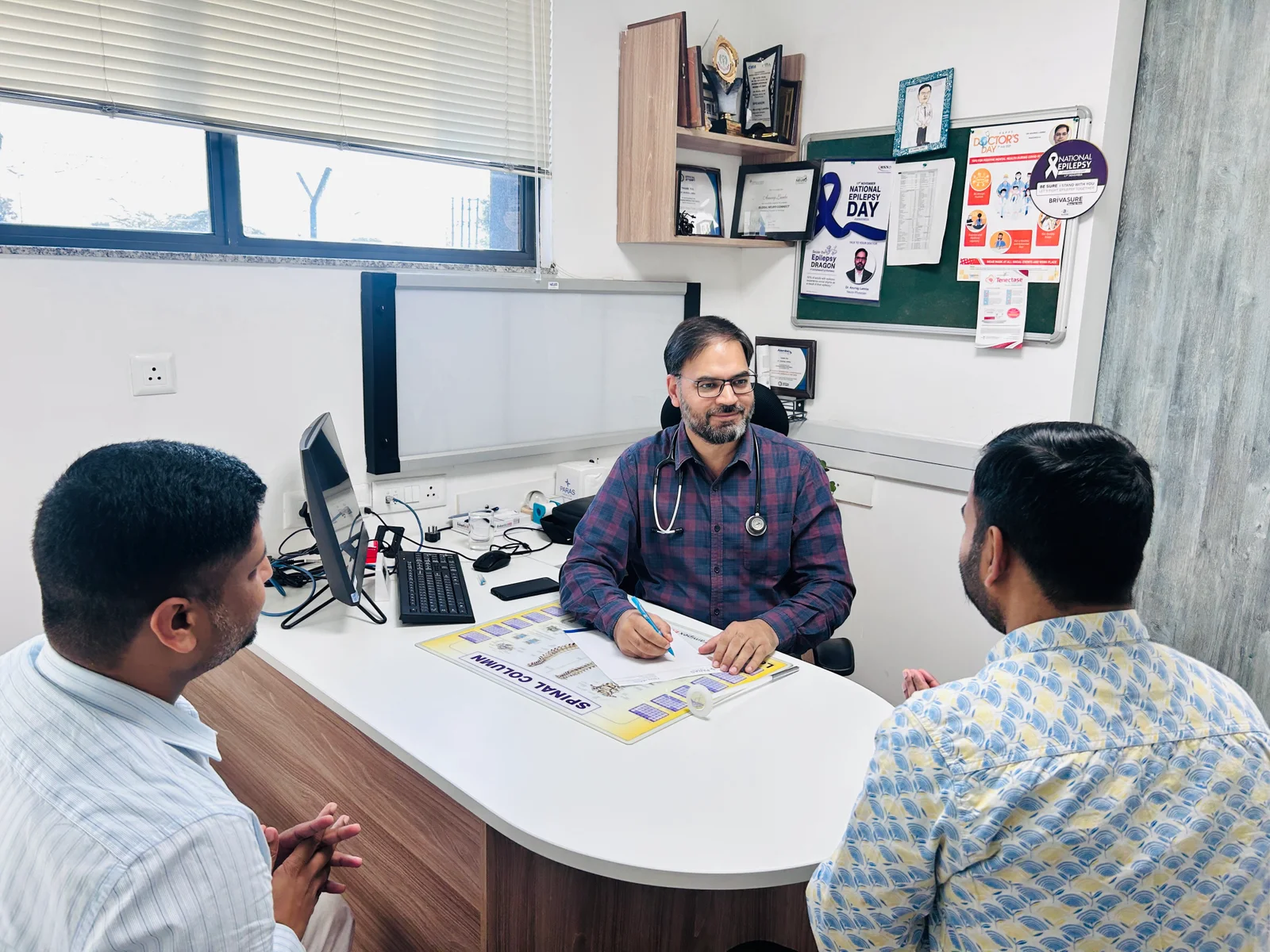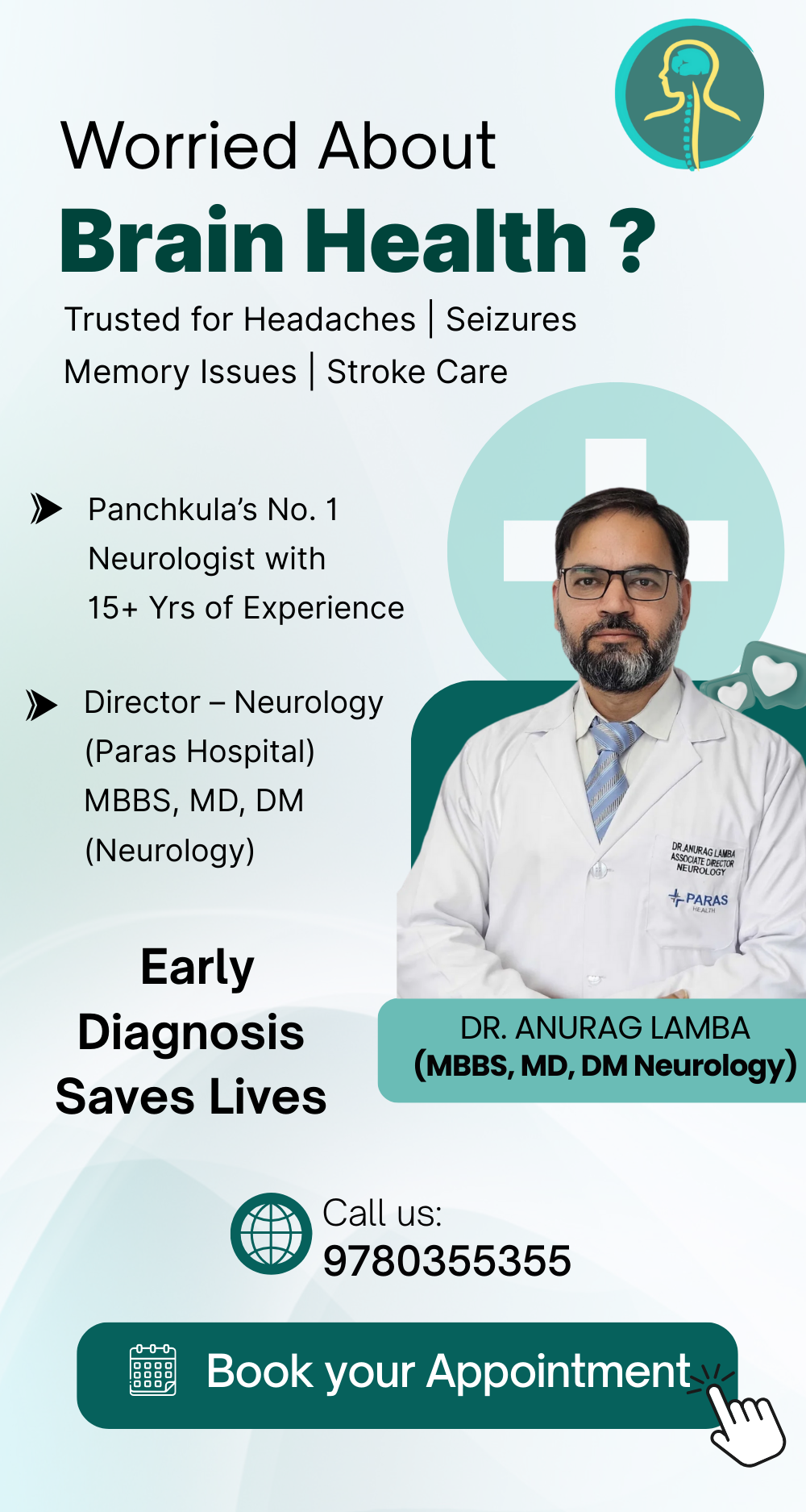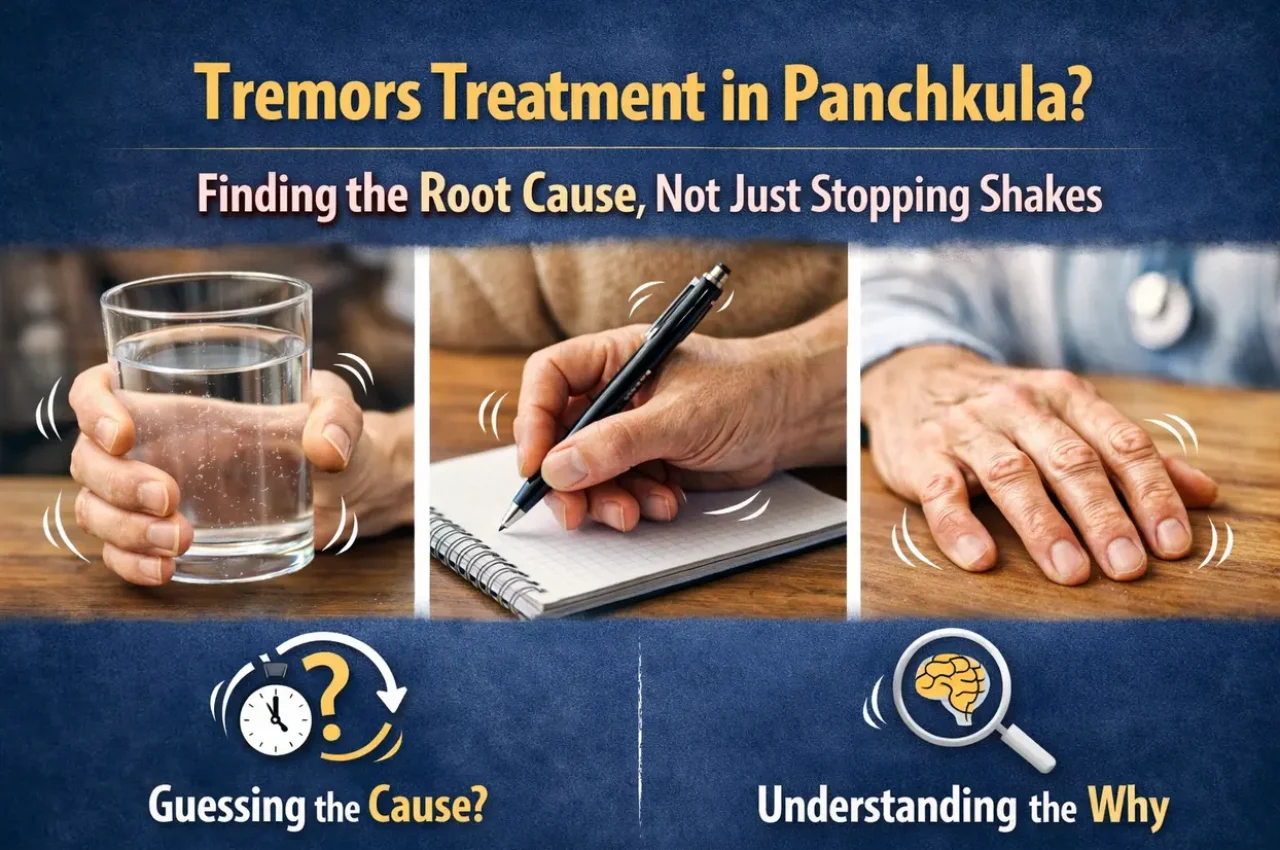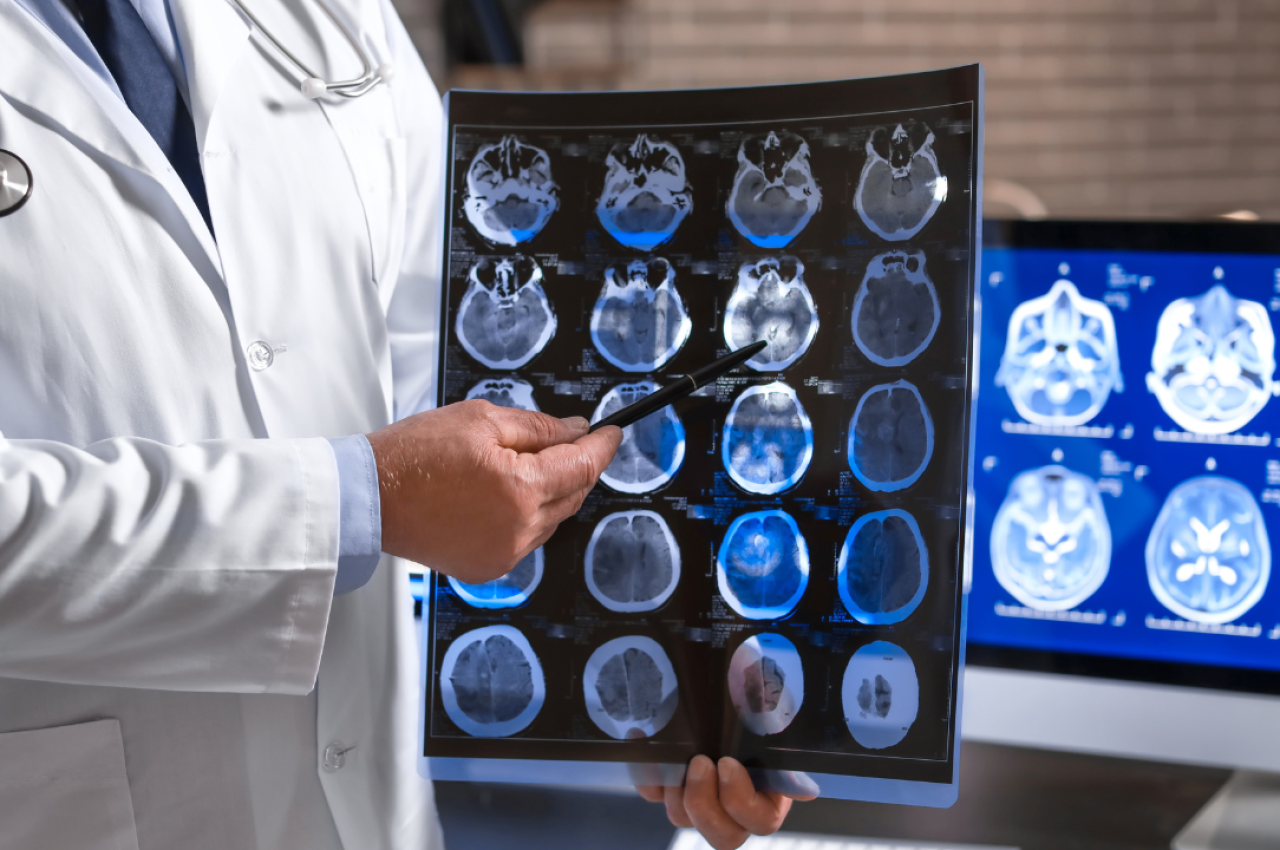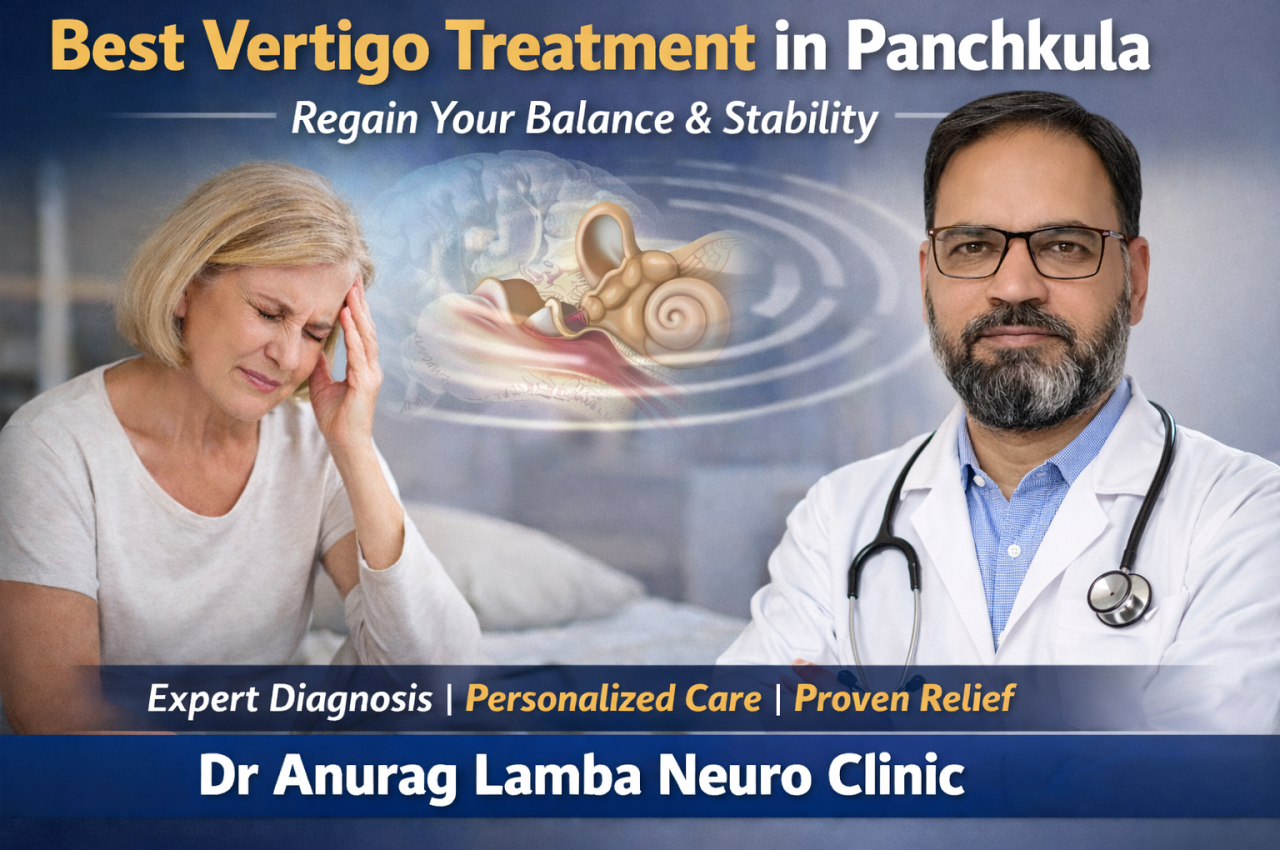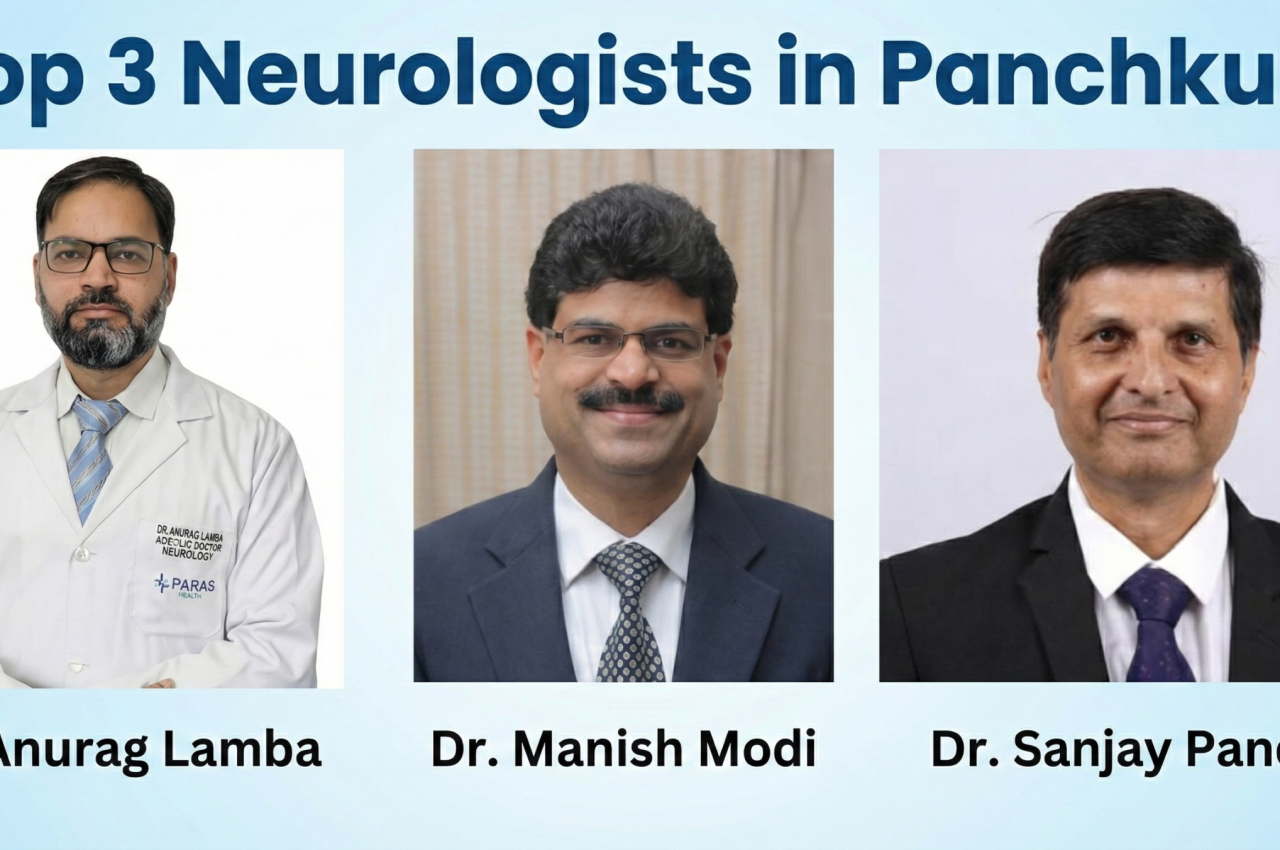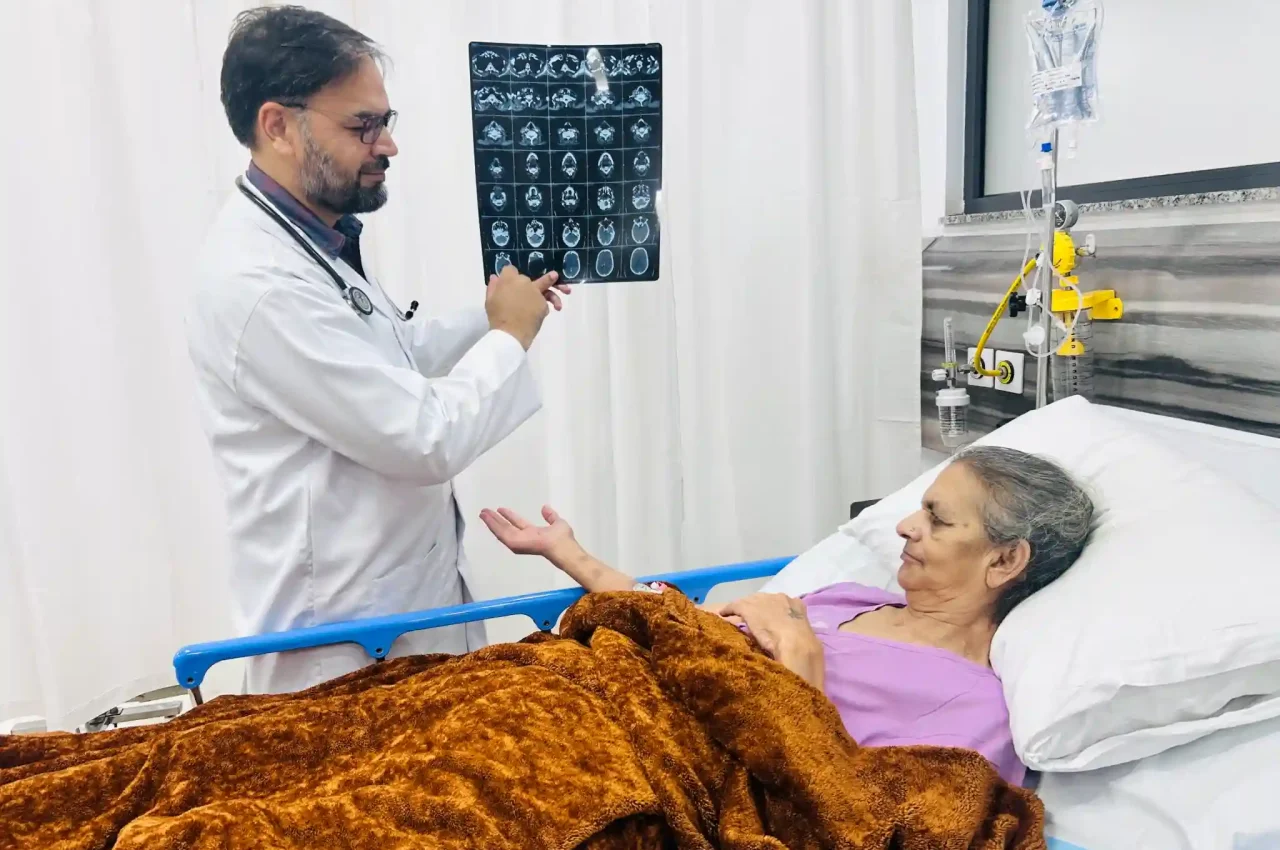Don’t ignore headaches, dizziness, or memory loss—they could signal a serious neurological issue. Consult the best neurologist in Panchkula, Dr. Anurag Lamba, for expert diagnosis and treatment. Book your appointment today! These could be signs of a neurological issue. Consult Dr. Anurag Lamba, the leading neurology doctor in Panchkula, for expert diagnosis and care. Book your appointment today!
Ignoring These Symptoms? Your Brain & Nerves Might Be at Risk!
Neurological disorders often start with mild symptoms but can worsen over time. If left untreated, conditions affecting the brain and nervous system may become severe. A brain doctor in Panchkula or a neurology specialist in Panchkula can help diagnose and manage these issues effectively. Your brain, spinal cord, and nerves control every function of your body, making early detection crucial.
If you have persistent headaches, dizziness, numbness, memory loss, or muscle weakness, it might be time to visit a neurologist in Panchkula. Dr. Anurag Lamba, a leading neurology specialist in Panchkula, specializes in diagnosing and treating complex brain and nerve conditions.
Let’s dive deeper into five key warning signs you shouldn’t ignore.
1. Frequent or Severe Headaches – More Than Just Stress?
Headaches are common, but chronic or severe headaches could signal a neurological issue. You should see a neurologist for headaches in Panchkula if your headaches:
Occur more than 15 times a month (chronic headaches)
Come with nausea, vomiting, or vision changes
Are triggered by physical activity, sneezing, or bending over
Don’t respond to painkillers or worsen over time
Possible Neurological Causes:
Migraines – Intense, throbbing headaches often with light and sound sensitivity.
Cluster Headaches – Severe pain around one eye, lasting for weeks or months.
Tension Headaches – Caused by muscle strain, stress, or posture issues.
Brain Tumors or Aneurysms – Rare but serious conditions that require immediate attention.
Treatment Options:
✔️ Medication for pain relief & prevention
✔️ Lifestyle changes (hydration, diet, sleep patterns)
✔️ Botox therapy for chronic migraines
✔️ Advanced therapies like nerve stimulation
Case Example: Rohit, a 35-year-old IT professional from Panchkula, suffered from daily headaches for months. After consulting Dr. Anurag Lamba, he was diagnosed with migraines and received personalized treatment that significantly reduced his pain.
2. Persistent Numbness, Tingling, or Weakness – Nerve Damage Alert!
Experiencing frequent numbness, tingling, or weakness in your hands, legs, or face? This could indicate:
Neuropathy (nerve damage) – Often caused by diabetes, vitamin deficiencies, or infections.
Multiple Sclerosis (MS) – An autoimmune disease affecting the nervous system.
Stroke Risk – Sudden numbness on one side of the body is a red flag for a stroke.
Diagnosis & Treatment:
EMG & Nerve Conduction Studies – To check nerve function
MRI/CT Scans – To detect brain abnormalities
Blood Tests – To rule out vitamin deficiencies or infections
Case Example: Meena, a 50-year-old woman, felt numbness in her feet for months. Dr. Lamba diagnosed her with early-stage neuropathy and started treatment that prevented further nerve damage.
3. Unexplained Dizziness or Loss of Balance – A Hidden Neurological Disorder?
Dizziness, vertigo, or unsteady movements could point to:
Inner Ear Disorders (Vestibular Dysfunction)
Parkinson’s Disease – Progressive tremors and balance issues
Stroke or Mini-Strokes (TIAs) – Temporary dizziness episodes could indicate blood flow issues in the brain
Treatment Options:
Medication for dizziness & vertigo
Physical therapy to improve balance
Lifestyle modifications like hydration & posture correction
Case Example: Aman, a 42-year-old businessman, struggled with dizziness while walking. After tests, Dr. Lamba diagnosed him with inner ear dysfunction and prescribed therapy that restored his balance.
4. Memory Loss, Confusion, or Cognitive Decline – Early Dementia Signs?
If you or a loved one experiences:
🔹 Forgetting recent conversations or appointments frequently
🔹 Struggling with basic tasks (cooking, driving, finances)
🔹 Getting lost in familiar places
🔹 Sudden personality changes or confusion
…it could indicate:
Alzheimer’s Disease – A progressive form of dementia
Vascular Dementia – Caused by reduced blood flow to the brain
Mild Cognitive Impairment (MCI) – Early-stage memory loss
Case Example: Anita’s family noticed her memory loss and confusion. Early intervention by Dr. Lamba helped her receive timely treatment for mild cognitive impairment.
5. Muscle Weakness, Tremors, or Uncontrolled Movements – Parkinson’s or Something Else?
If you notice:
⚡ Shaking hands (tremors)
⚡ Slowed movements (bradykinesia)
⚡ Stiffness or difficulty walking
⚡ Unexplained muscle twitches or cramps
…it could indicate:
Parkinson’s Disease – A progressive movement disorder
Multiple Sclerosis (MS) – Affects muscle control
ALS (Lou Gehrig’s Disease) – Progressive muscle weakness
Case Example: Rajesh, a 60-year-old, noticed trembling in his hands. Dr. Lamba diagnosed early-stage Parkinson’s, and with medication, his symptoms were well-managed.
Why Choose Dr. Anurag Lamba – Leading Neurology doctor in Panchkula?
🔹 Expert in treating complex neurological conditions
🔹 State-of-the-art diagnostic tools (MRI, EEG, NCS)
🔹 Personalized treatment plans for every patient
📍 Location: Panchkula, Haryana
📞 Contact: 9780031312
Frequently Asked Questions (FAQs)
Q1: What tests does a neurologist do?
A neurologist may perform MRI, CT scans, EEG, EMG, and nerve conduction studies to diagnose neurological conditions.
Q2: Can stress cause neurological symptoms?
Yes, chronic stress can trigger headaches, dizziness, tingling sensations, and memory problems. However, if these persist, consult a neurologist.
Q3: How do I prepare for a neurology appointment?
Bring a list of symptoms, medical history, current medications, and past test reports.
Conclusion
If you’re experiencing any of these warning signs, don’t delay.
Neurological conditions are best treated early!
Call Dr. Anurag Lamba today and take the first step towards better neurological health!
